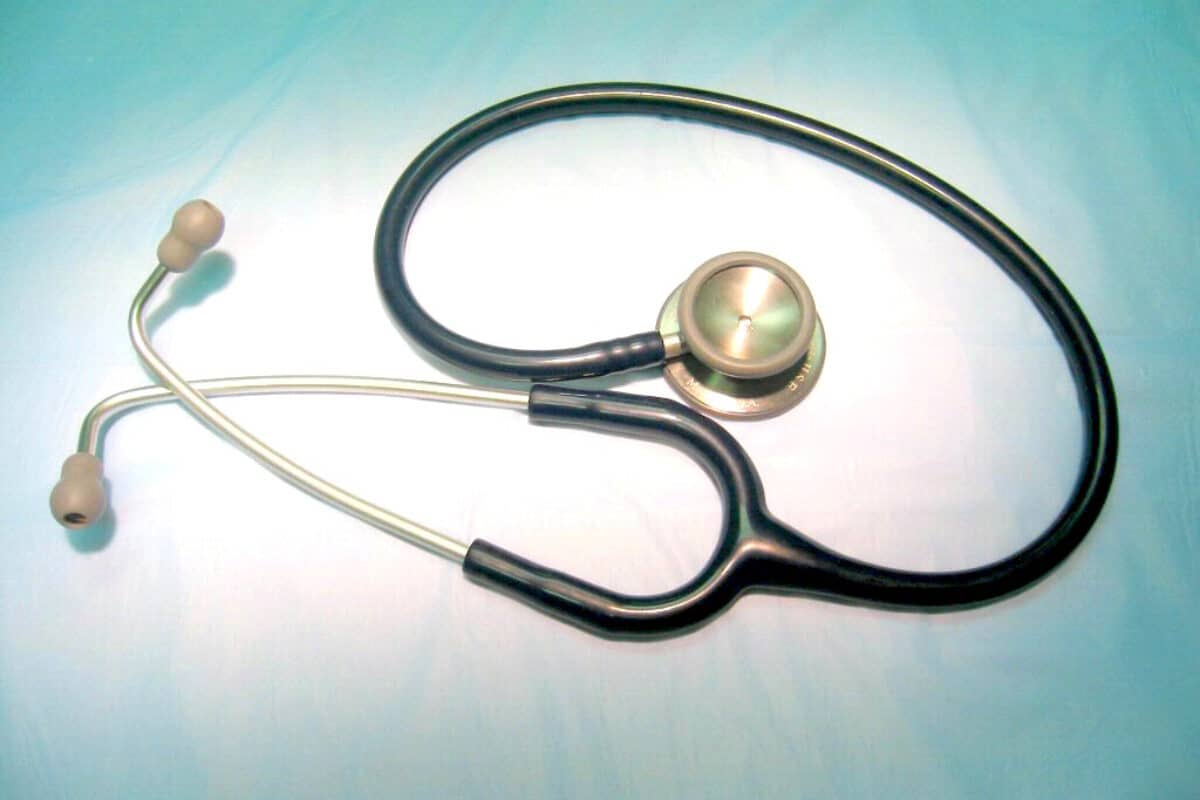Anglican Healthcare Chaplains have a responsibility both to their healthcare employer, and to the Bishop who licenses their ministry. They should seek to be a bridge between the two.
A Diocesan Bishop’s Adviser for Healthcare Chaplaincy – the Revd Claire Carson – briefs the Bishops on chaplaincy matters.
1. Liaison with Parishes
If chaplaincy is to function well, there needs to be close cooperation between the two worlds of healthcare provision and the Church. Principally this calls for co-operation between the parish priest and the chaplain. It is a matter of courtesy that parish priests inform chaplains when a parishioner is admitted and whether they intend to visit.
It is normally the chaplain’s role to administer the sacraments to patients, but in some circumstances, it may be pastorally more appropriate for parish clergy to do so. In which case, the chaplain should be informed, preferably beforehand.
Chaplains are bound by their employer’s policy on confidentiality and cannot release patient information to local clergy without the permission of the patient concerned. However, whenever possible, they will seek to obtain that permission and so maintain and support contact between the patient and their parish.
Any clergy visiting the hospital should do so during ward visiting hours unless they have been given leave to visit outside those hours by a senior ward nurse. If asked, a chaplain will liaise with a ward on the parish priest’s behalf. When visiting outside normal hours, parish clergy should alert the senior nurse when they arrive on the ward. Any visiting clergy must follow infection control procedures within a healthcare facility. The chaplain can give guidance on this.
2. Administration of the Sacraments
Sacraments should only be administered in the healthcare setting by ordained clergy or by laity who have the Bishop’s permission. For example, commissioned lay chaplains are given Episcopal permission to distribute Holy Communion from the reserved sacrament. This is renewed, after review, every three years.
Some aspects of sacramental ministry are the sole responsibility of the ordained chaplain, e.g. presiding at the Eucharist and anointing the sick.
It is customary in some healthcare settings for the Church of England chaplain to administer sacraments to members of other Churches with which the Anglican Church is in communion. This should be done only in co-operation with the chaplain of the respective denomination. Any crossing of denominational boundaries requires the agreement and understanding of the patient and the relevant healthcare chaplain.
3. The UK Board of Health Care Chaplaincy
The UK Board of Health Care Chaplaincy maintains a voluntary professional register that, since 2017, has been accredited by the Professional Standards Authority. The Register demonstrates the accountability of healthcare chaplains to the public, to promote high standards of practice and behaviour, and to support professional regulation. Any chaplain registered with the Board is known as a ‘Board Registered Chaplain’.
4. The College of Health Care Chaplains
The College of Health Care Chaplains is a professional body, open to all accredited chaplains, whatever their denomination or faith, and is able to offer advice on professional matters. It is an autonomous section of Unite, the trade union. It may be contacted via its website or by emailing the College Registrar.
5. Hospitals lists
The following leaflet lists all the NHS hospitals, Independent hospitals and hospices in London Diocese. Its purpose is to provide clergy and licensed ministers with chaplaincy contact details (telephone number and email address) for referring a parishioner admitted to hospital.
